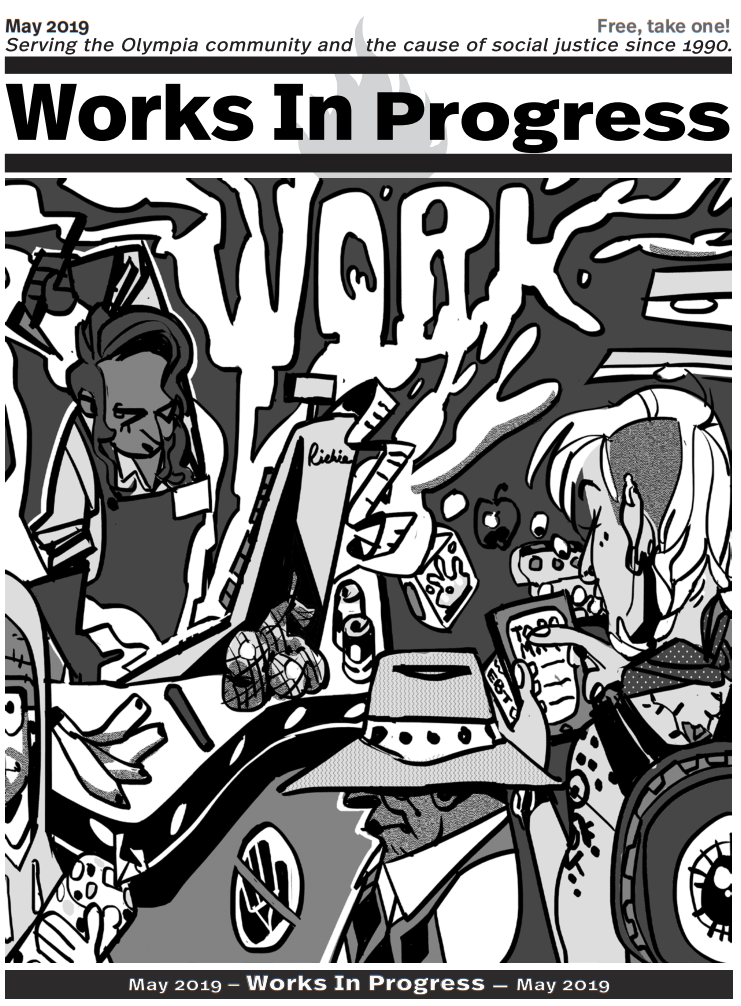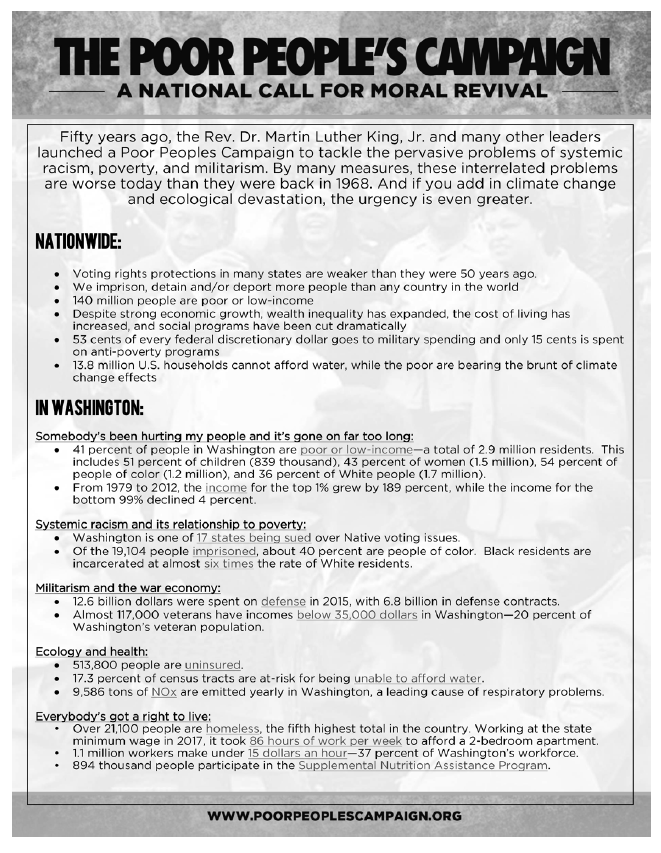Labor in all its forms
Our theme for May
This issue is dedicated to Labor in all its forms, from waged to unwaged, labor that takes place in traditional settings such as factories, hospitals, construction sites, offices, schools, etc. to less recognized forms of participation in the economic relations of society like reproductive female labor, rearing children, and caring for elders. All these diverse forms of labor constitute an integral part of the capitalist system in which we live, a system that can be broadly characterized by putting profits first and people last, generating tremendous inequality and social suffering for most of humanity.
One of the most recent reports by Oxfam International points out that “26 billionaires have the same combined net worth as the poorest 3.8 billion people on the planet.” As we can see, the question here is not whether capitalism works. It works quite well and in obscene ways for a despicable minority.
Capitalism is basically organized around the principle of extracting value from the labor of others who have nothing but their labor power to sale in exchange for a salary. It is this type of exchange that allows capitalists to accumulate wealth, which in turn further replicates this model of exploiting other people’s labor.
The world–wide condition of being exploited by capital allows us to speak of class (working class) as a key element in the emancipation of society. From this perspective, class as a category offers the possibility of including the largest possible number of people open to implementing social change. Simultaneously, the category of class lends itself to analyzing and addressing other important forms of exploitation based on race, gender, ethnicity or sexual orientation.
Works in Progress considers that workplace democracy, along with an informed political movement, are essential to the creation of a better world in which the enjoyment of life and the realization of the full human potential are possible. The determination of all of us, the real creators of wealth in the world, is indispensable. —EQ
Theme for June: Where we find a home and why. It’s not just about housing, it’s about a home. A home is a place of refuge, where you express your personality, where you might have neighbors—for schmoozing, for sharing views, for creating community, for practicing citizenship. In this country some people—a lot of people!—have their home on the street, or in a car—we object to that. Some people live in manufactured homes in “parks” where they pay owners until those owners might decide to sell the property. Others live in coop housing, or in apartments, sometimes apartments whose owners benefit from property tax waivers granted by a municipality. Some of us live in cozy single-family homes or duplexes. Others in McMansions or “gated communities.” Others of us have two, or five or seven homes! For June, we’d like to know where you live—and more importantly, why. Maybe some reflections what this means and whether we need to change it.
Theme for July: Community. We’re hoping for reflections on what it means to be part of a community and how being part of a community might enhance your individuality. Or how the ideology of individualism isolates us and denies us community.
Theme for August: Who’s running things? Please share your observations about this at the household, community, national and international level.
Theme for September: What we do to make the future? Can you share your understanding of the actions and narratives that create the future as we move in to it. Do we want the future to look like the past?
On the Cover:
 The Back Page:
The Back Page:
Download Poor People’s Campaign “Washington Fact Sheet” to print

Be First to Comment